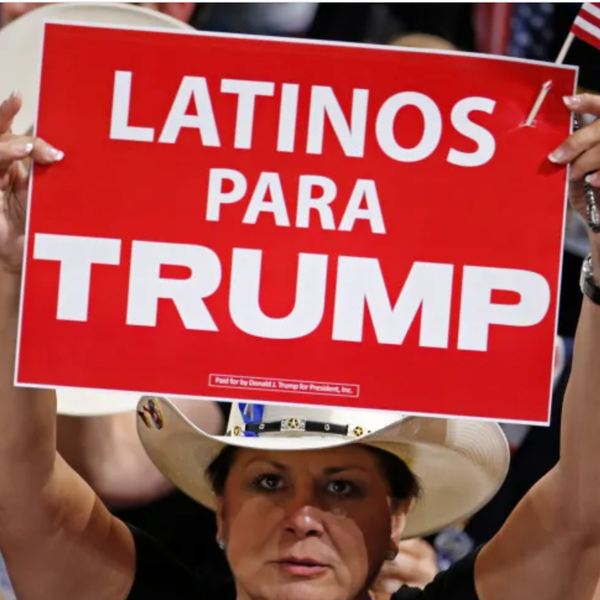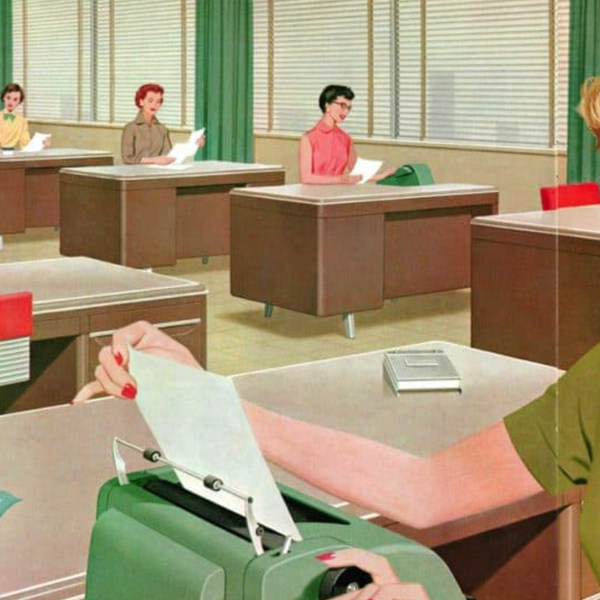We Already Paid For Gilead’s Covid-19 Treatment — And Shouldn’t Pay Again

This article was produced by Economy for All, a project of the Independent Media Institute.
Update: Gilead has renounced the benefits of orphan designation, but still retains other patents that give them a five-year monopoly on remdesivir.
There’s much we don’t yet know about COVID-19, the disease caused by the novel coronavirus. We don’t know how long the pandemic will last, when a vaccine will be developed, or how many lives antiviral medications can save. But there’s one thing we know for sure: U.S. taxpayers have already paid for the research and testing of the most promising treatments.
These treatments should be available to everyone who needs them at no cost. But the Trump administration’s drug policy is led by two former pharmaceutical executives, and that is having devastating consequences for potential access to treatments and vaccines for the COVID-19 pandemic.
If you’ve been watching Donald Trump’s daily press briefings, that might come as a surprise. During his 2016 campaign, Trump loved to talk tough on pharma and say he would fight for lower drug prices. But then he put Alex Azar, a big pharma CEO infamous for doubling the price of insulin, in charge of regulating health care. Several weeks ago, Azar refused to guarantee that a coronavirus vaccine will be affordable for all, citing the need to protect big pharma’s profits.
Azar is now a member of Trump’s coronavirus task force, and his influence is evident during the briefings. Over and over again, Trump talks up big pharma corporations and thanks them for their work on COVID-19 treatments and a potential vaccine. He refers to them as “great companies” and their executives as “geniuses.”
Trump fails to mention that taxpayers have spent nearly $700 million on coronavirus research through the National Institutes of Health (NIH). Nor does he mention that big pharma corporations spend more money enriching themselves through stock buybacks than they do on research and development.
One medication currently being tested on coronavirus patients is the antiviral remdesivir. It’s still too early to say if remdesivir will prove broadly effective at helping patients with COVID-19. But if it does end up being a major part of treating the disease, it’s essential to remember who paid for the drug’s development: The American people.
Remdesivir was developed with research funded by a $37.5 million NIH grant. The NIH plans to spend at least an additional $30 million on phase II trials of the medication this year. Since we’ve all paid for remdesivir’s development through our taxpayer dollars, it should be available to everyone who needs it at no cost.
Instead, the Trump administration just granted Gilead, a giant pharmaceutical corporation, “orphan” drug status for remdesivir. That means that Gilead is free to charge outrageous prices for the drug, with their government-granted exclusivity ensuring that there will be no competition for years to come.
What makes this even more outrageous is that orphan status is designed to incentivize research and development of treatments for rare diseases. A pandemic is the opposite of rare!
We don’t know what role Joe Grogan, Gilead’s former chief lobbyist, and currently the director of Trump’s domestic policy council, played in this decision. But it seems a safe bet that such an outrageous move to profit off a pandemic had to have support from the top.
Nor is remdesivir an outlier. This is how all new medications work. Taxpayers always fund the riskiest and most crucial research and development. Then, pharma gets the patent monopolies and uses them to charge outrageous prices. American families are going bankrupt paying four- and five-figure prices for drugs that their taxpayer dollars already paid to develop!
Politicians might be tempted by a short-term solution—requiring all COVID-19 treatments, as well as an eventual vaccine, to be low-cost or cost-free. But that doesn’t go far enough. It does nothing to help the Americans with diabetes who are dying every year because they are forced to ration their outrageously priced insulin. It does nothing for seniors, who will soon be spending half their hard-earned Social Security checks on health care costs. And it will do nothing to help patients when the next pandemic comes.
We need permanent structural changes. Fortunately, we know exactly what we need to do, and the American people agree with these changes across partisan lines:
- When a drug corporation is abusing their patent privilege by charging outrageous prices, revoke the privilege and allow generic competition to drive down prices. This policy is supported by 78 percent of all voters and opposed by only 10 percent.
- Allow public manufacturing of drugs to alleviate shortages and eliminate bottlenecks. This policy is supported by 70 percent of all voters and opposed by only 17 percent.
- Increase taxpayer funding of research and development of vaccines and pharmaceuticals by creating a “full cycle” public R&D program with no patent monopolies and immediate generic production of the results. This policy is supported by 69 percent of voters and opposed by only 15 percent.
Donald Trump wasn’t prepared for the COVID-19 pandemic, but the public health community has been preparing for years. The research we’ve funded is going to be critical in the coming months. We’ve already paid for it. Let’s demand that Congress change the law so that we don’t have to pay again.
Alex Lawson is the executive director of Social Security Works, a non-profit advocacy group that supports expanding benefits to address America’s growing retirement security crisis. Lawson has appeared on numerous TV and radio outlets and is a frequent guest host of The Thom Hartmann Program, one of the top progressive radio shows in the country.








